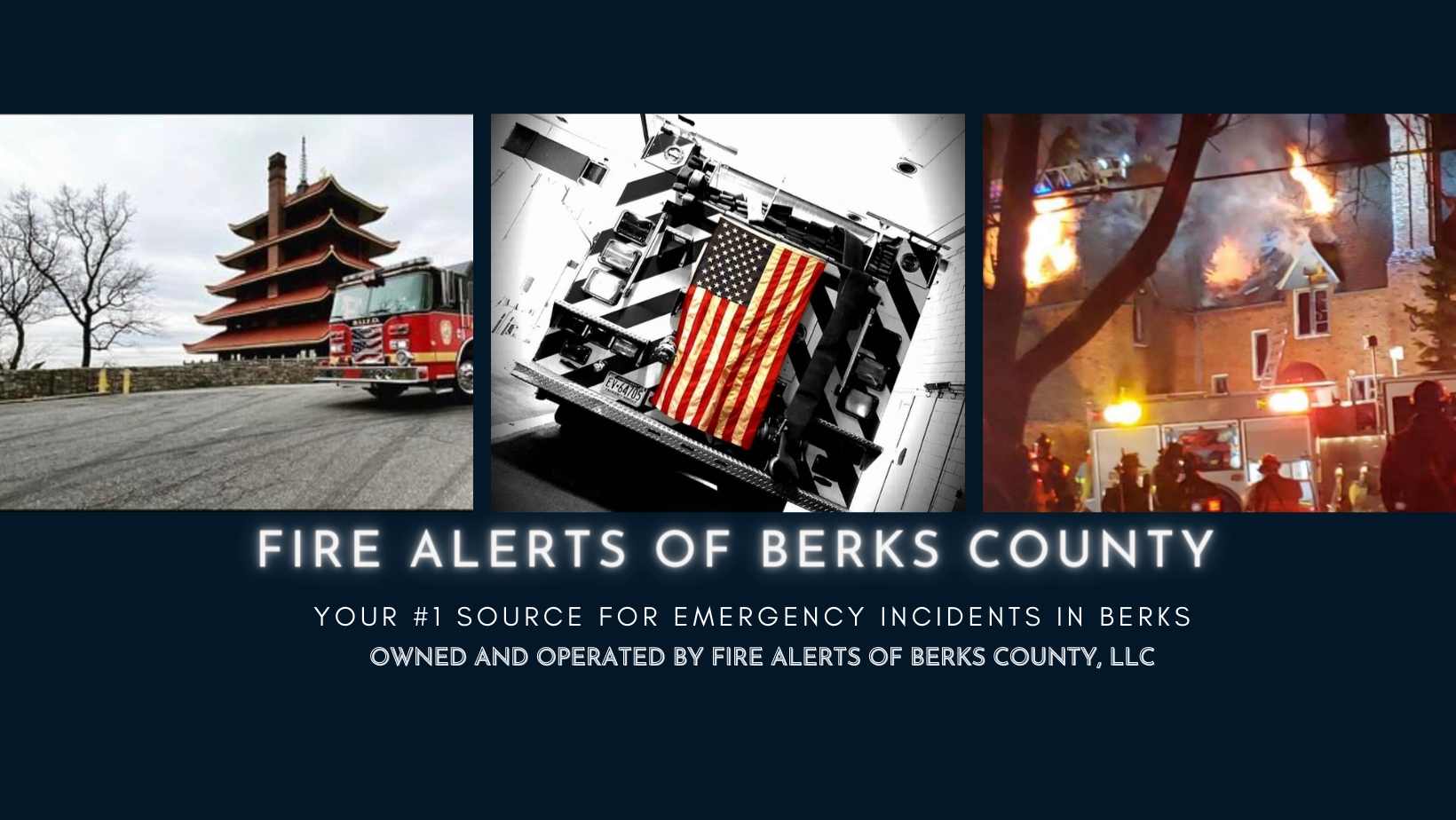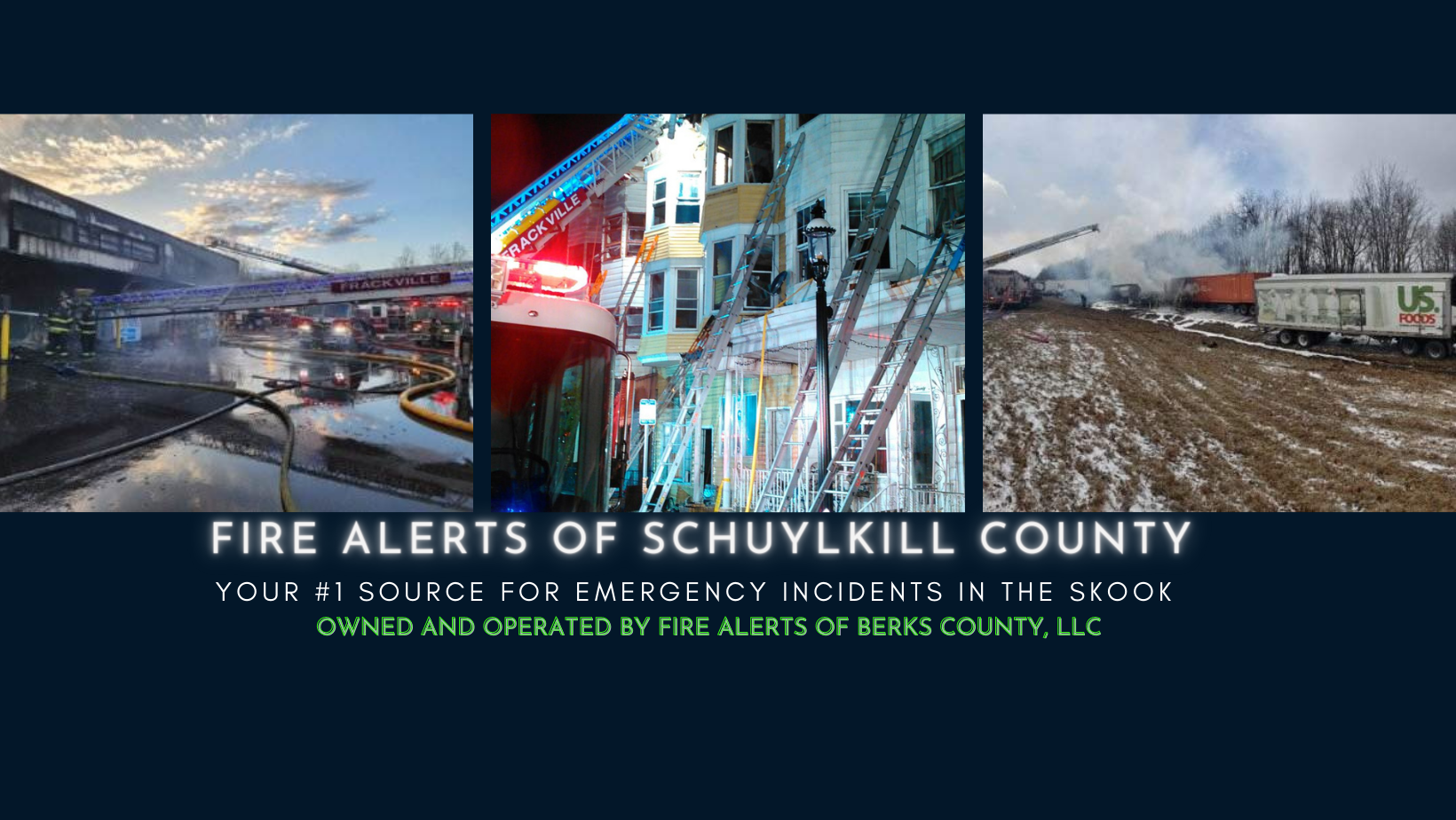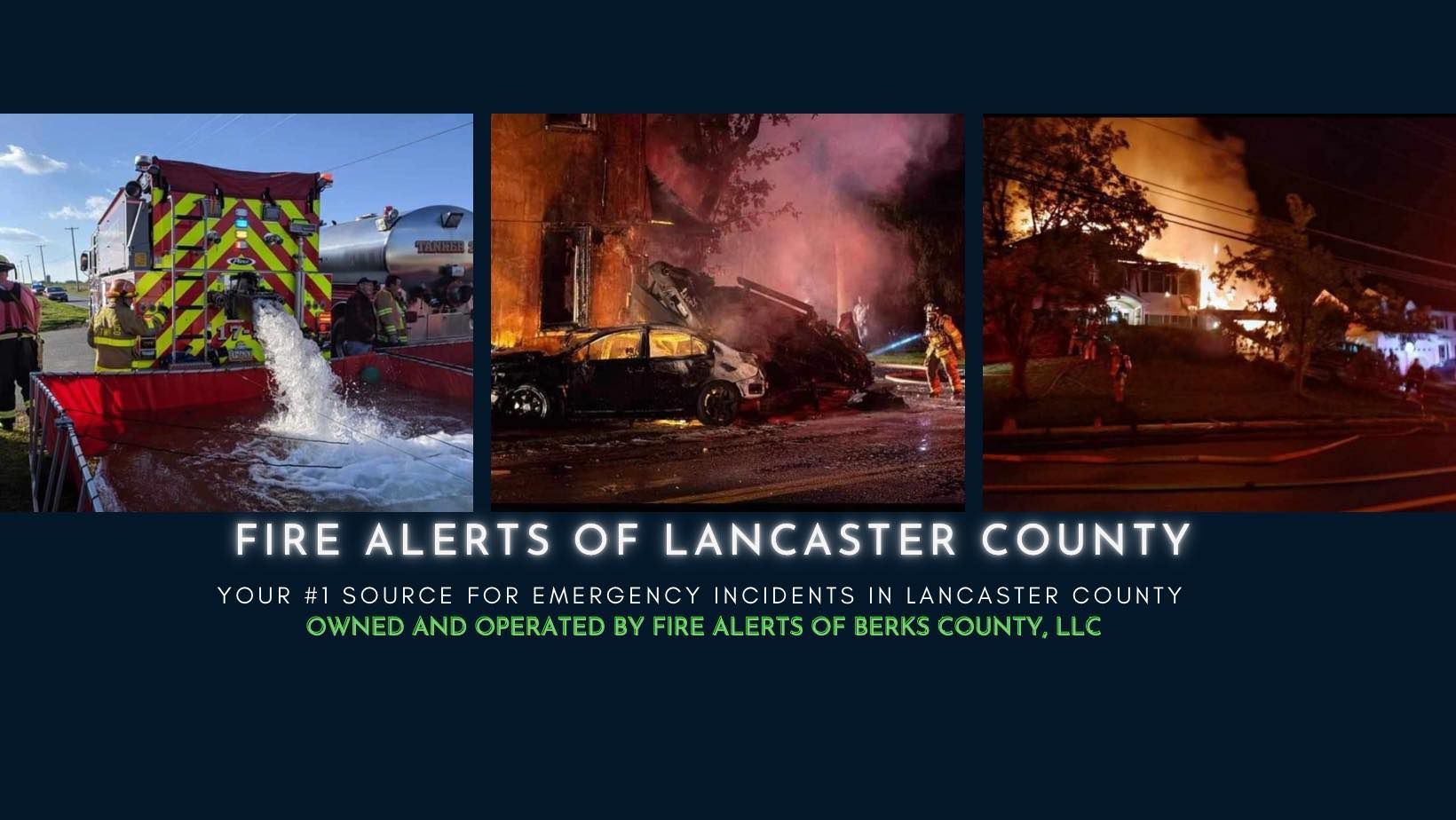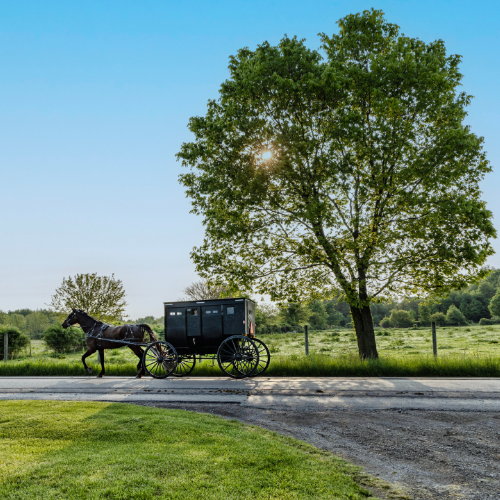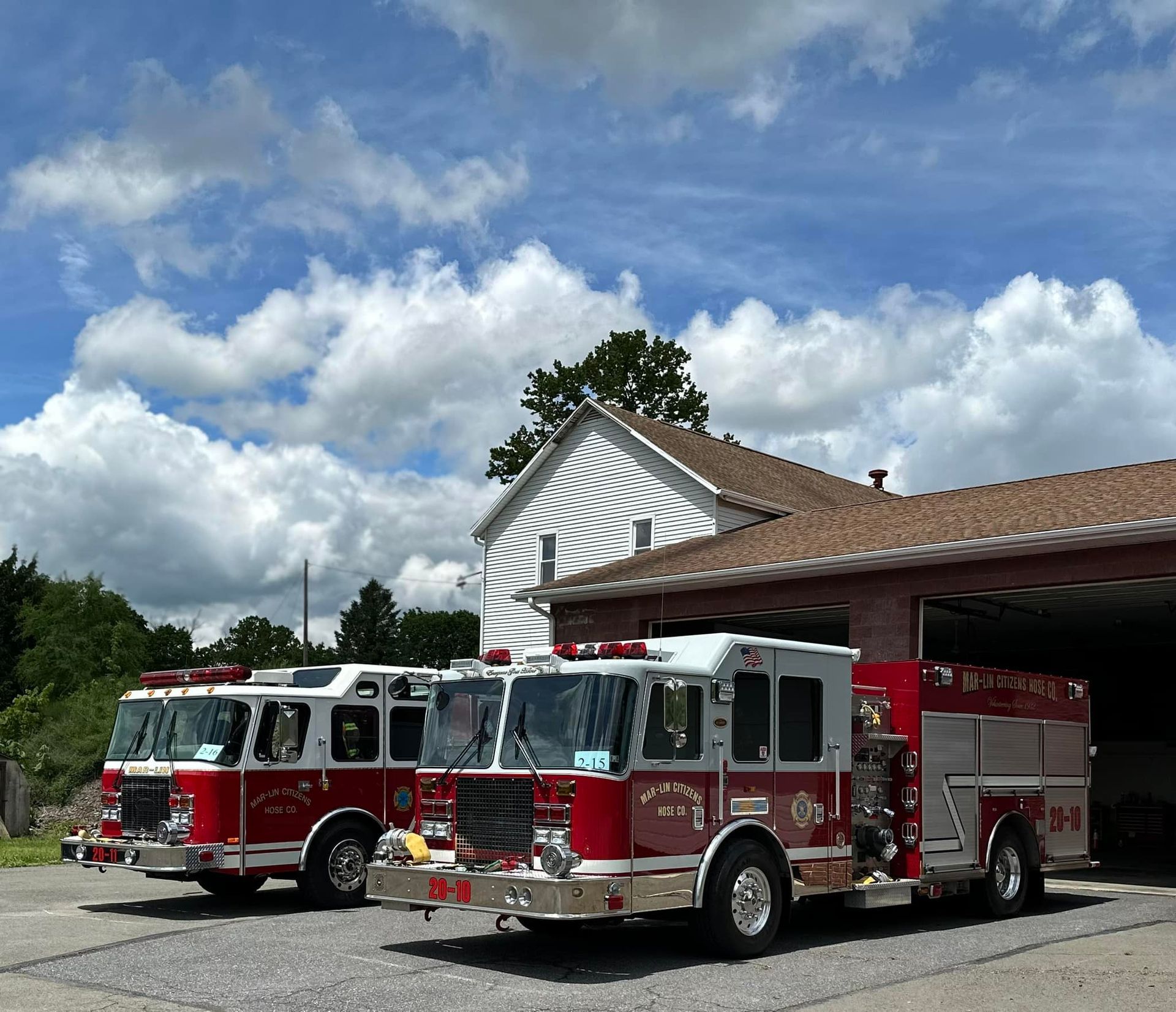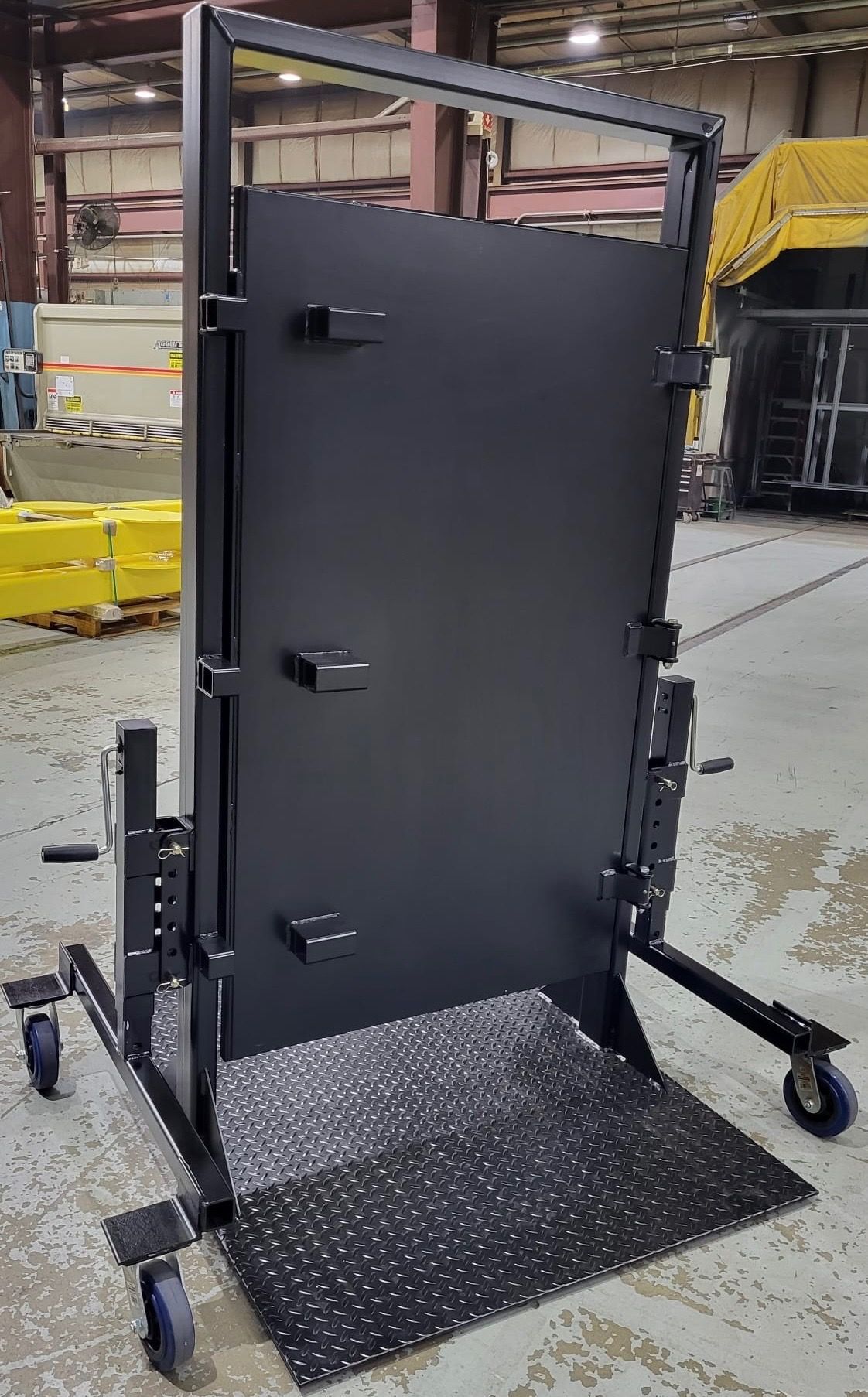Welcome to
Fire Alerts
Pennsylvania
About Fire Alerts of Pennsylvania
Welcome to Fire Alert of Pennsylvania, your go-to source for real-time updates and comprehensive coverage of emergencies across the state. Whether it's a fire, accident, road closure, or any other urgent situation, our dedicated team is on the ground and online, providing timely alerts, live video updates, and detailed information to keep you informed and safe. We connect communities and support local businesses by offering advertising opportunities that reach a broad and engaged audience. Join us in staying alert, staying safe, and supporting our local heroes and businesses.
Listen to Berks County Fire Live From Our Dedicated Feed
Follow Us on Youtube
Advertise With Us
Looking to amplify your business and connect with an engaged, local audience?
Fire Alerts Pennsylvania is the perfect platform to boost your brand!
Find the best plan for your business.
Business
$400
- One Post on Facebook Page anchored for one month
- Three additional Facebook posts in one month
- Support Local listing on our website with logo
Boost Option available for additional investment
Premium
$600
- One Post on Facebook Page anchored for one month
- Five additional Facebook posts in one month
- Local supporter listing on our website with logo and website link
Boost Option available for additional investment
One Year Plan
$6000
- One post on Facebook Page anchored for 12 months.
- Five additional Facebook posts per month.
- Local supporter listing on our website with logo and website link
Boost Option available for additional investment
Berks County Beginnings
Our roots trace back to Berks County, where we launched our first Facebook page dedicated to providing real-time alerts and updates for local emergencies. What began as a community initiative in Berks County has now grown into a statewide network, committed to keeping Pennsylvanians informed and connected during critical moments.

Share Your Fire Department Fundraiser
Are you planning a fundraiser for your first responder group or nonprofit organization? Let us help you spread the word and reach a wider audience. Click the button below to tell us about your upcoming fundraiser, and we’ll promote it across our platforms.
Explore Fire Department Fundraisers
Looking to support local initiatives and get involved in your community? Explore a variety of upcoming fundraisers organized by first responders and nonprofits in your area.
Your participation and contributions make a difference.
Our Blog



